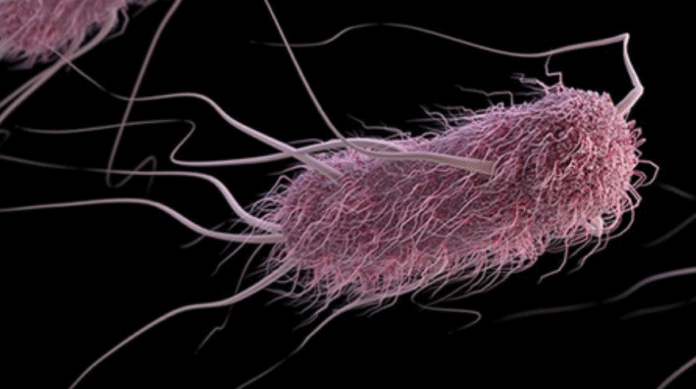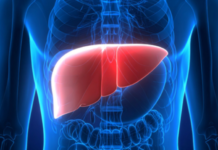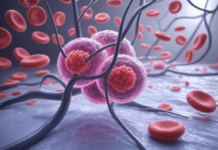New Delhi — Antimicrobial peptides may offer a promising new tool for controlling dangerous bacteria such as Salmonella and E. coli, while also helping slow the growing problem of antimicrobial resistance (AMR), according to a new study.
Researchers found that these short chains of amino acids can effectively kill harmful bacteria without encouraging the development of antibiotic resistance. The findings, published in the journal Microbiology Spectrum, suggest that antimicrobial peptides could improve food safety and reduce the risk of foodborne illnesses.
“Antimicrobial peptides have the potential to be alternatives to antibiotics and thereby could mitigate antibiotic resistance,” said Gireesh Rajashekara, Professor at the College of Veterinary Medicine, University of Illinois Urbana-Champaign, and corresponding author of the study.
The research team conducted the study to identify new methods for controlling Salmonella in chickens, since poultry and poultry products are among the most common sources of Salmonella infections in humans. In addition to killing multiple strains of Salmonella in laboratory tests, the peptides also reduced bacterial levels in live chickens.
“These peptides not only can kill Salmonella but also other related bacterial pathogens such as E. coli,” Rajashekara noted. “So they could be really valuable in controlling a broad range of pathogens.”
The study found that the peptides likely work by damaging bacterial cell membranes. Importantly, they remained effective even after exposure to heat and enzymes, making them suitable for use in poultry feed and production environments.
The next step, researchers say, is to evaluate the peptides in larger-scale poultry settings, refine how they are delivered through feed or water, and further investigate how they work at a molecular level.
If successful, antimicrobial peptides could help reduce reliance on antibiotics in agriculture — a key strategy in combating antibiotic resistance while improving public health. (Source: IANS)














